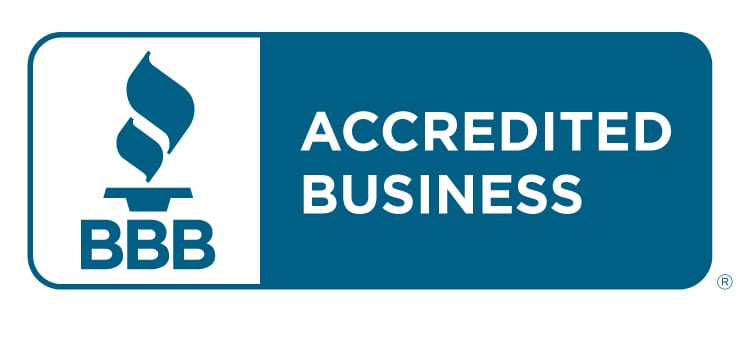
What Search Engines Are Looking For From Your Website
Search engines are essential to drive more traffic to your website. So it’s critical for you to better understand search engines so you can make the necessary changes to optimize your site’s pages to increase its search rankings. This BLOG article with help you gain a further understanding of Search Engine Optimization (SEO).
A search engine’s main function is to provide users with the most relevant search results possible. The key is to understand how they determine site relevance. Years ago, SEO was primarily focused on keywords. In fact, the more key words the better. Developers would stuff as many keywords into a site’s HOME page, which altered search results in those days. Today those same practices may get your website blacklisted by search engines. The second major development of SEO practices focused on incoming page links. But then again, developers figured out how to take advantage of this system by flooding the web with millions of low-value, and sometime paid site links.
Today, the search engines’ algorithms, which is what they use to determine a site’s relevance to a keyword search, are much more sophisticated. It’s not the volume of key words that’s important, but how strategically they are placed within a page. It’s not the quantity of incoming links with the right keyword, but how relevant they are and where they come from. The search engines have become much better at determining what things mean as opposed to just trying to match a word and count links. This has enabled them to take a “quality not quantity” approach to delivering search results to users.
For example, if your business is pet supplies, you would want to place those key words not only in the title tag of your site but in your main heading as well. These are considered two high priority locations that search engines like Google use when scanning and then categorizing your website. You would also want incoming links from places like popular business directories, review sites, and social media. Blog articles would also prove helpful in gaining higher rankings.
Here are some other key elements that search engines are looking for in a website:
- Content: How rich is your site’s content and is it consistent with your site’s page titles and descriptions?
- Titles, Meta Description, Headers and URL: There are four essential places you should place your keywords to get better search engine rankings: title, headers, URL and meta description.
- Navigation: Does your website have an easy-to-follow and category-structured page navigation?
- Interpretation: Google has ability to “read” your website and interpret its content based on overall theme, category, and topics. This information is used to categorize your site in their search engine. Make sure your information is presented in a manner that is clear, to the point, and easy to read.
- Performance: Does everything work correctly?
- Speed: Websites that load faster – on desktop and mobile devices – have an advantage over those that are slower.
- Site Map: Does your website have a sitemap and can it be crawled by search engines?
- Social Media Linkage: Does your website have LIVE social media icons with links to your social media channels including Facebook, Twitter, Pinterest, YouTube, etc.?
- User Experience: Everything above is rolled into this. Google themselves have said their goal is to deliver the best overall user experience, not only in their sites, but in the results returned in their search engine. Does your site have a clear focus? Is it easy to navigate? Is it responsive? Is it safe?


